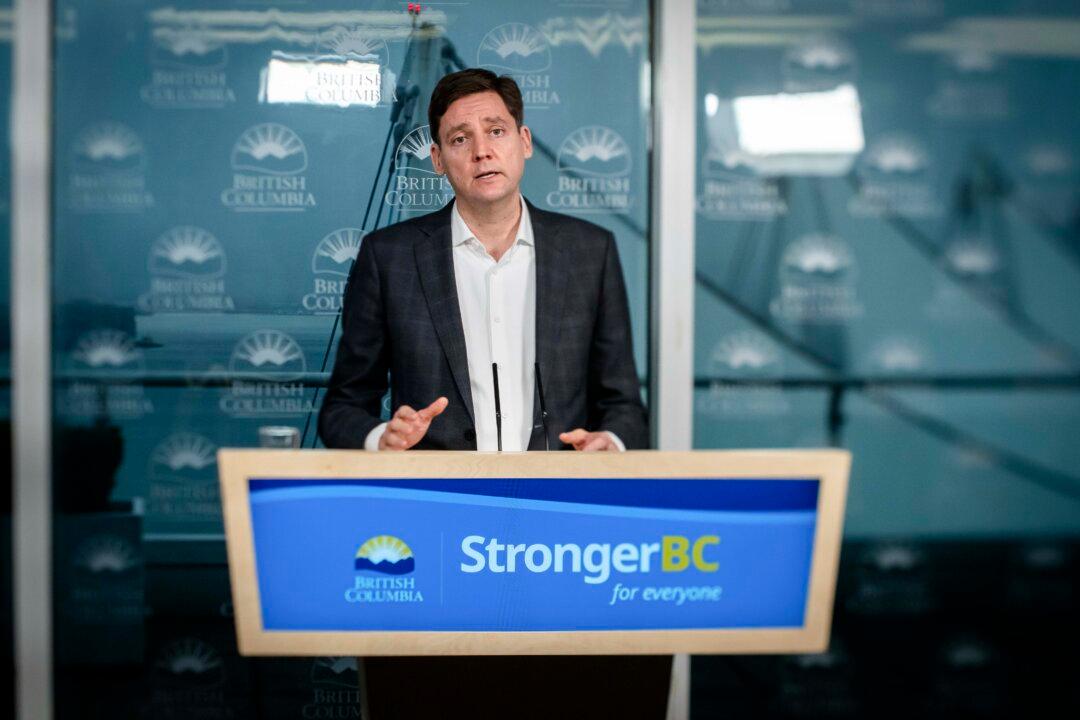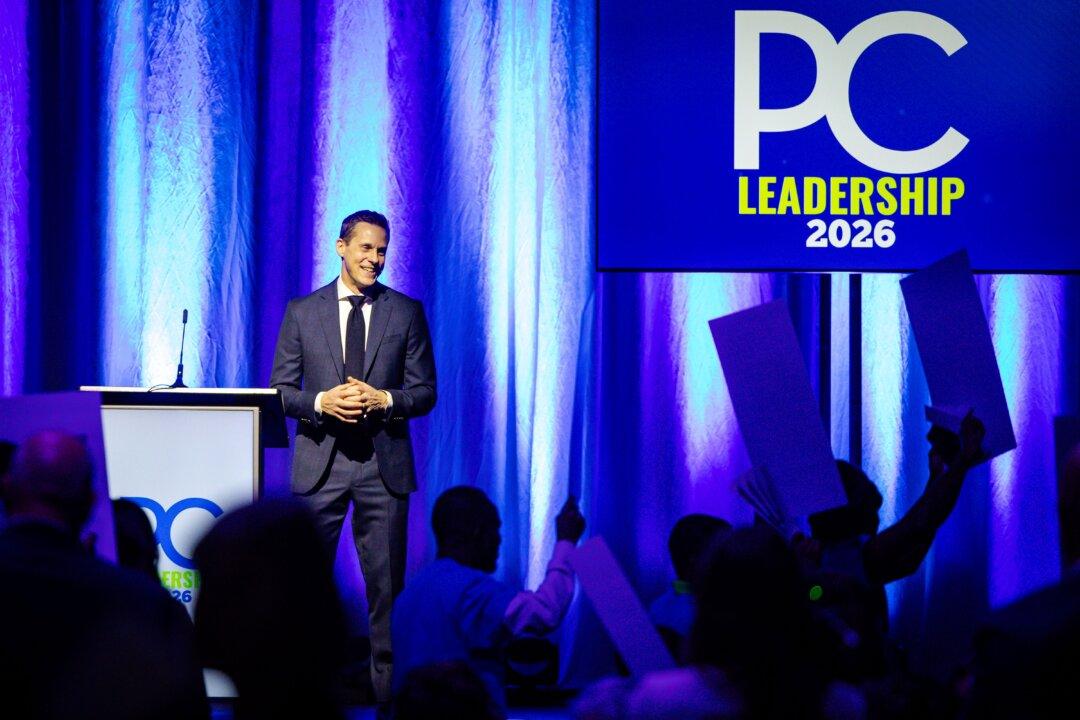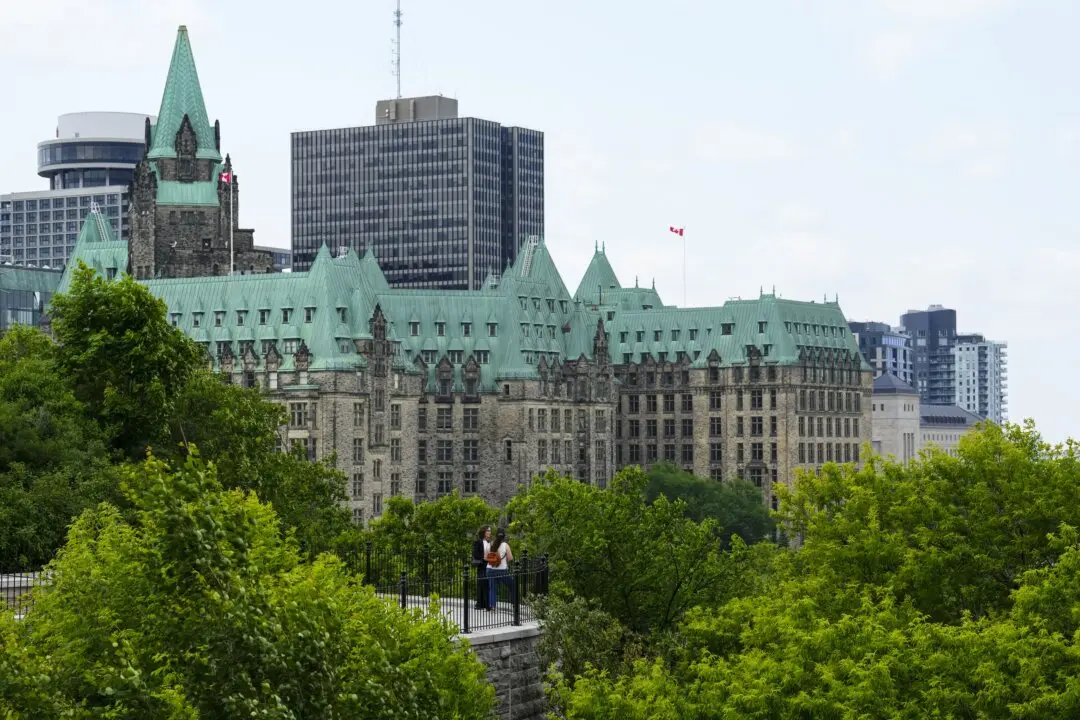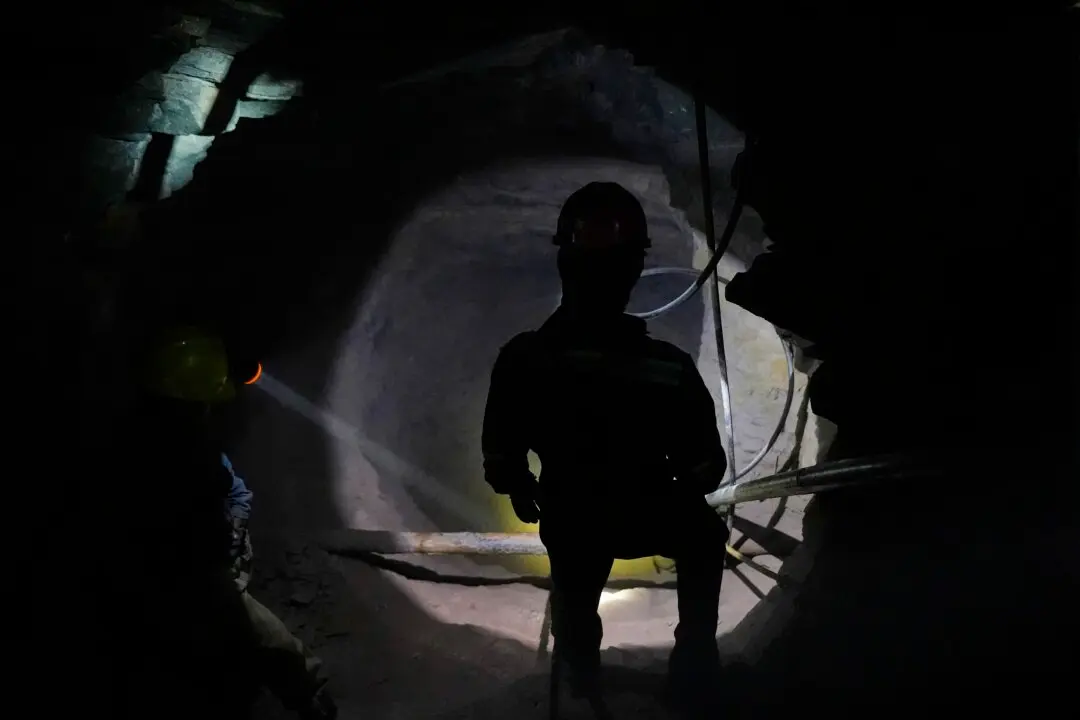B.C. says it is looking to fast-track 18 critical mineral and energy projects amid the ongoing U.S. tariff threat.
Premier David Eby’s office said in a release the projects are worth $20 billion and could create up to 6,000 jobs in remote and rural communities.





